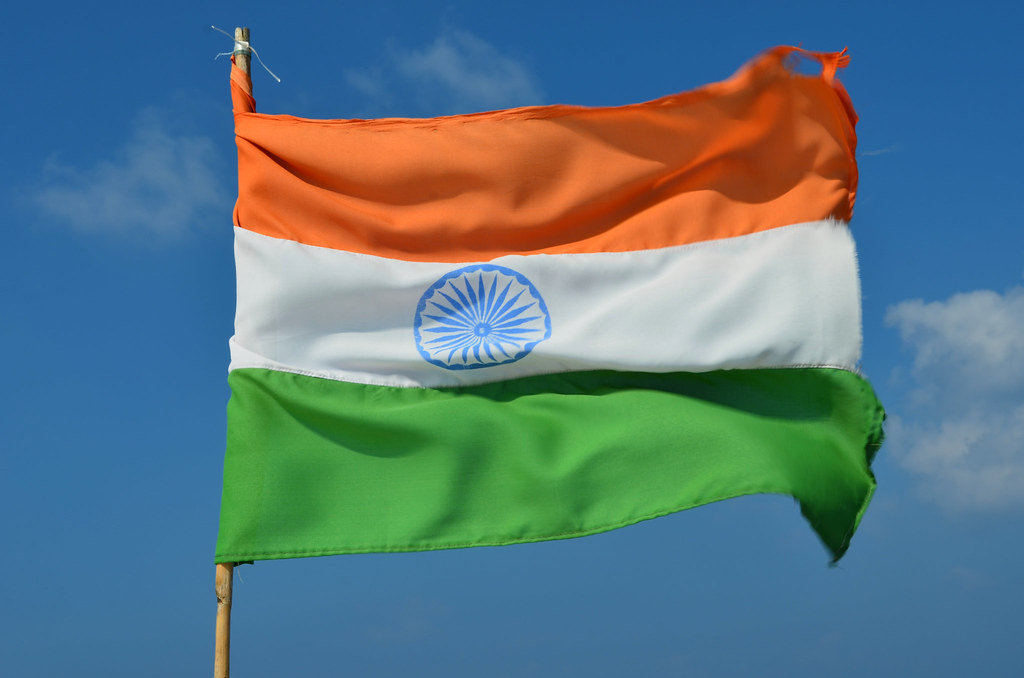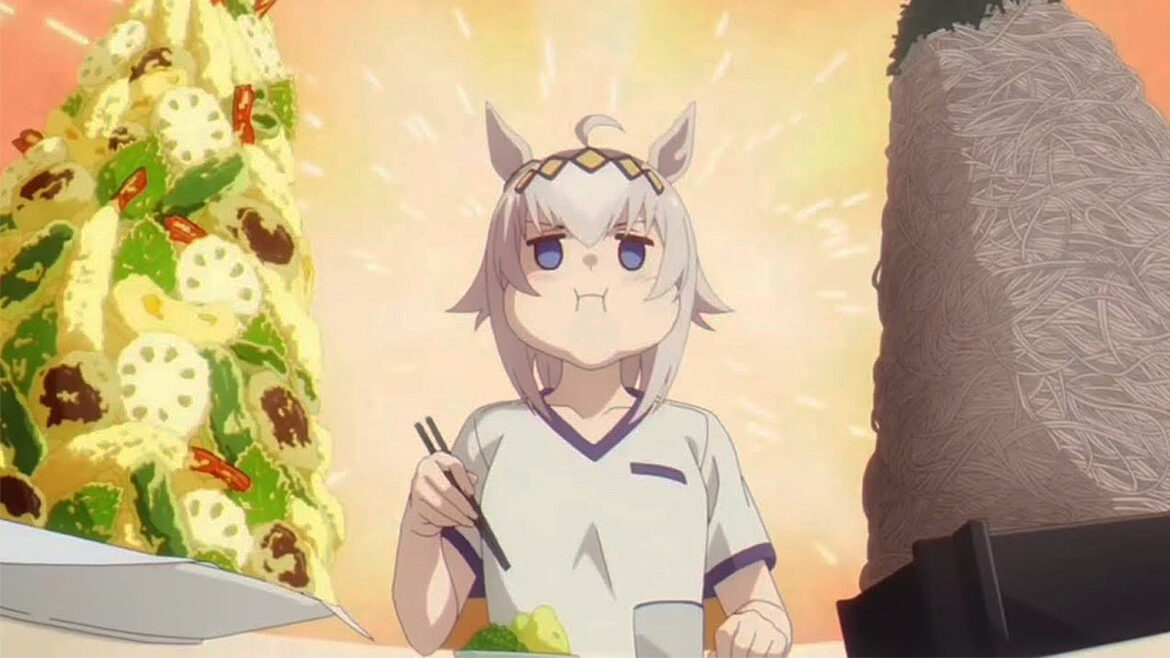Trusted Editorial content, reviewed by leading industry experts and seasoned editors. Ad Disclosure
The Bombay Stock Exchange (BSE) in India has reportedly rejected the public listing of Jetking Infotrain, an IT training company, on the grounds of intended capital use for crypto investment. This decision comes amid a flurry of digital asset treasury companies worldwide.
Crypto Investments Not Suitable For Publicly Raised Capital: BSE
In a report by local Indian media, Economic Times, the BSE barred Jetking Infotrain from publicly listing its shares, citing the exchange’s investment policy around cryptocurrency. On May 9, 2025, Jetking received an in-principle approval from the BSE to raise funds via a share issue. 14 days later, the company’s board approved the issuance of 396,000+ shares, raising over ₹6 crore, i.e $720,000.
In its application with the BSE, Jetking stated the new capital would be targeted towards general corporate uses, education and skill development, and investments in virtual digital assets (VDAs). However, a significant ₹3.96 crore ($475,000), i.e, 60% of the raised funds, was targeted at crypto investments.
It is worth noting that Jeking currently has some digital assets on its balance sheets, as Indian companies are allowed to invest in cryptocurrencies similar to mutual funds, securities, etc. However, the BSE has strongly opted against raising public capital for this purpose, as indicated by its rejection of Jetking’s listing.
A statement from a BSE spokesperson read:
We had processed the application in the normal course as per extant norms. Final approval was kept on hold to take up the issue of fund raise for investment in VDA at the policy level with the Regulator. Subsequently, as per the revised norms, a decision was taken to reject the application.
The BSE is considered the oldest Asian exchange and the second largest in India by trading volume after the National Stock Exchange of India. Notably, the recent BSE’s decision in rejecting Jetking’s public listing is likely to threaten the rise of crypto treasury companies in India.
By virtue of their operations, crypto treasury firms such as Strategy in the US, Next Technology Holding in China, leverage their status as publicly listed companies to access capital markets, raising funds through equity or debt offerings that are subsequently deployed into digital assets.
Jetking To Appeal BSE Rejection?
Following this development, Jetking Co-Managing Director and Chief Financial Officer Siddharth Bharwani has stated the company is considering all appropriate responses to the BSE’s decision, including a potential appeal at the Securities Appellate Tribunal.
Notably, cryptocurrencies are not illegal investments in India but are considered intangible assets in that they are not securities or legal tender.
Total crypto market cap valued at $3.72 trillion on the daily chart | Source: TOTAL chart on Tradingview.com
Featured image from Flickr, chart from Tradingview
Editorial Process for bitcoinist is centered on delivering thoroughly researched, accurate, and unbiased content. We uphold strict sourcing standards, and each page undergoes diligent review by our team of top technology experts and seasoned editors. This process ensures the integrity, relevance, and value of our content for our readers.



